
Getronics to Unleash the Full Power of Conversational AI at Web Summit Rio
This marks Getronics’ second appearance at this event, one of the world’s largest tech conferences, expecting over 30,000 attendees this year.

This marks Getronics’ second appearance at this event, one of the world’s largest tech conferences, expecting over 30,000 attendees this year.

The Getronics family is delighted to announce that starting this March, the teams in Chile, Argentina, and Brazil will be integrated under the same brand, as part of the consolidation process of our global corporate identity.

In her new roler, Mleczak will lead Getronics’ commercial efforts, driving business growth and strengthening customer relationships in an ever-evolving technological landscape.

Getronics announced the creation of its Sustainability Committee in Spain to align its sustainability projects with the United Nations’ Sustainable Development Goals.

After several years of relying on outsourcing for its Field Services operations in the Netherlands, Getronics has announced its decision to bring this function back in-house and provide these services directly, using its own workforce.

The tool streamlines the reservation and use of desks or meeting rooms, empowering companies to craft frictionless hybrid work environments.
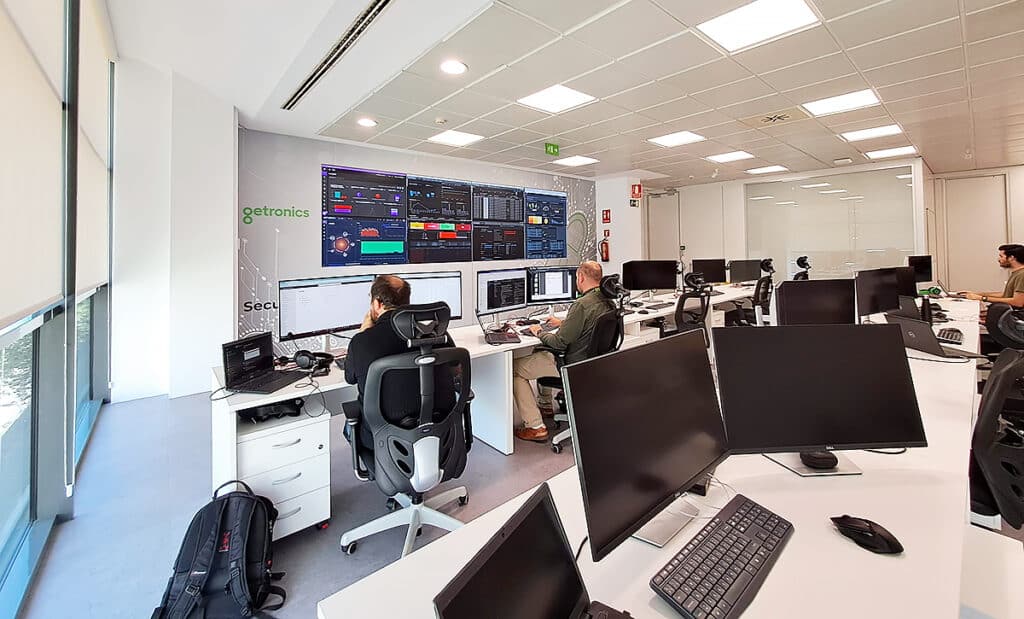
From new facilities of the Security Operations Centre in Barcelona and a reinforced team of 30 experts, the company provides 24×7 cybersecurity support to businesses worldwide

The contract spans 3 years of continuous, rigorous testing and cyber assessments, and is the first joint cybersecurity platform by Getronics and HUB Security. GetHUB 360 allows businesses to identify, mitigate and respond to evolving cyber threats in local, cloud, and hybrid computing environments.
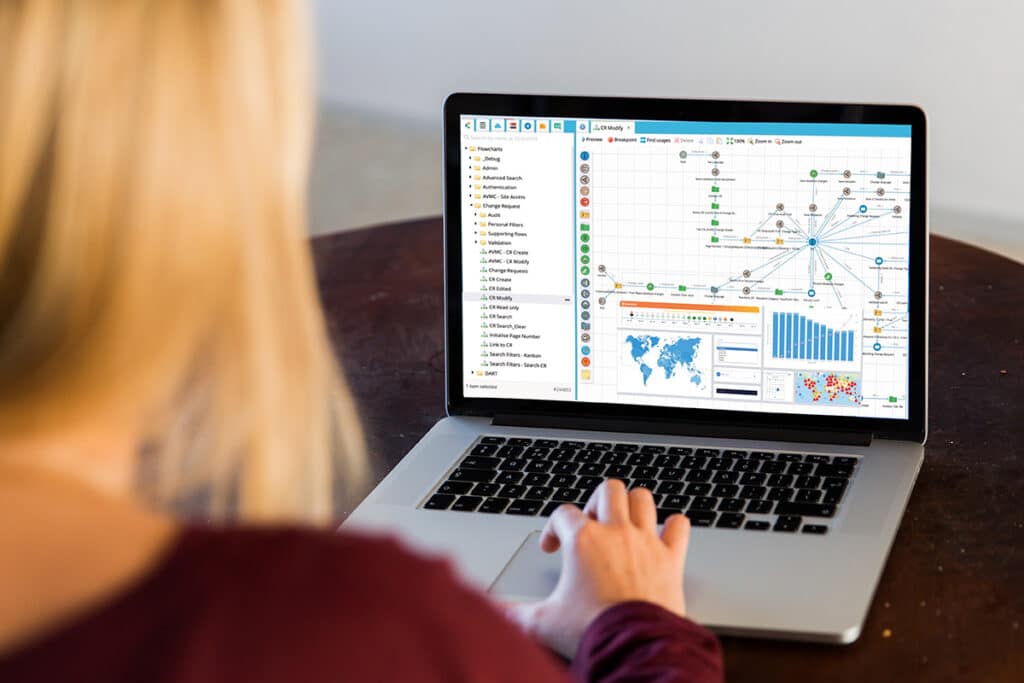
Getronics has joined forces with WEM No-Code to offer organizations a secure and reliable platform to execute their digital transformation without writing a single line of code.

Getronics are excited to announce our strategic relationship with Searchlight Consulting, combining Searchlights business consultancy to further accelerate strategic growth.

Getronics have embedded the Velocity Smart Collect™ ServiceNow Smart Locker technology into the Getronics 2023 global solution and will in-turn support and accelerate Velocity’s plans to scale.

The project proposes an innovative model based on digital symptom assessment tools, easily scalable to other areas of the healthcare system.

Their purpose is to help shape, create and transform businesses to get them running more efficiently, competitively, and profitably as well as future proof their needs.

In the framework of GetJoin, our internship program for talented young minds, we have recently joined a program of the Community of Madrid in Spain for the stable recruitment of young people.
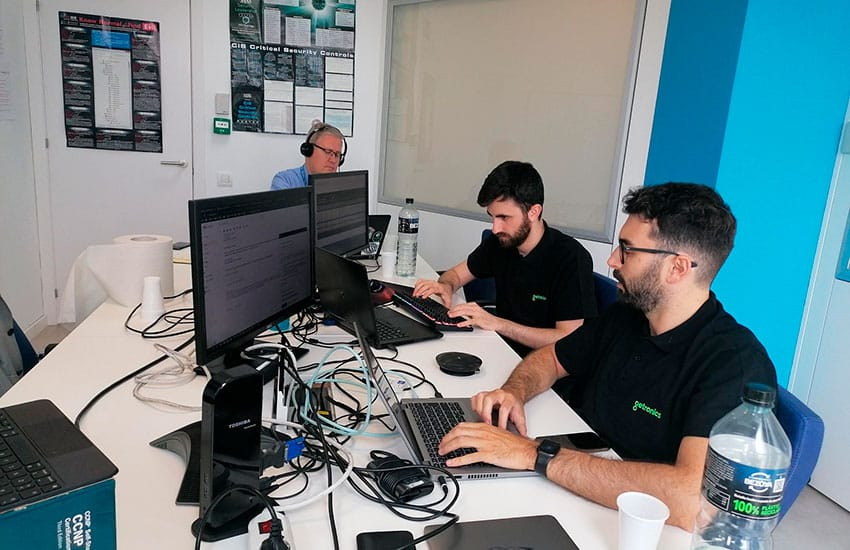
Cyber Europe is the largest cybersecurity drill held in the world and in its sixth edition, it was focused on testing the response to a possible attack on the infrastructure and services of the European health system.

Getronics renews and enhanced its services contract with the RAC for 5 more years, supporting the company in its digital transformation.
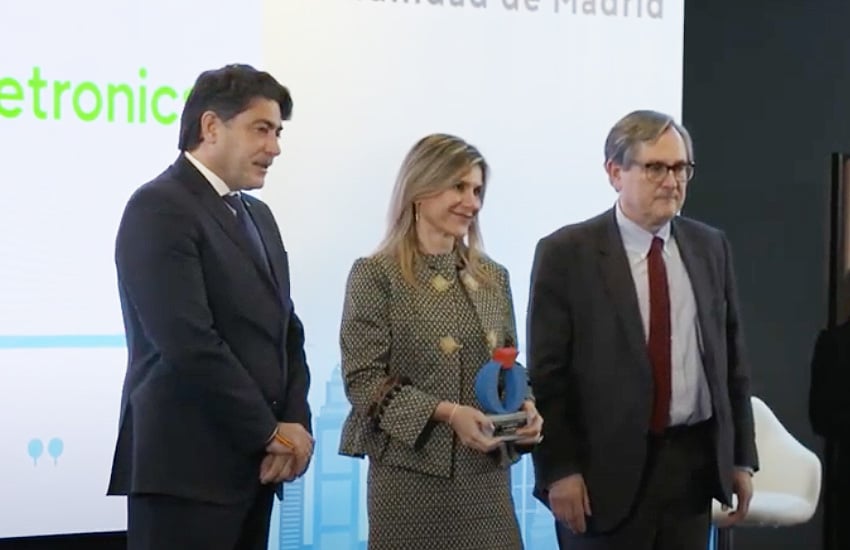
The award, given during the gala of the IV Edition of the Comunidad de Madrid Awards, in Spain, recognizes the work carried out by Getronics to accompany and guide its customers in their digital transformation processes.
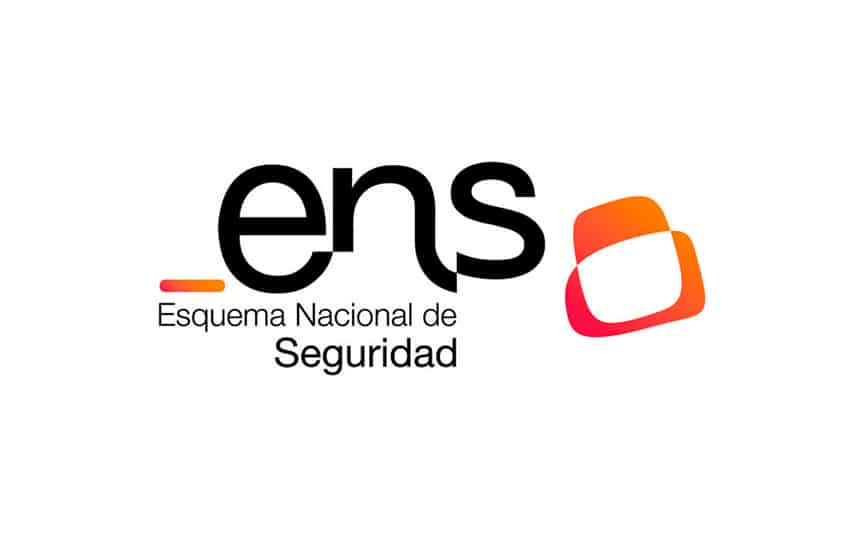
The certification allows Getronics to provide its services to the Spanish public sector in compliance with the most demanding and rigorous standards.
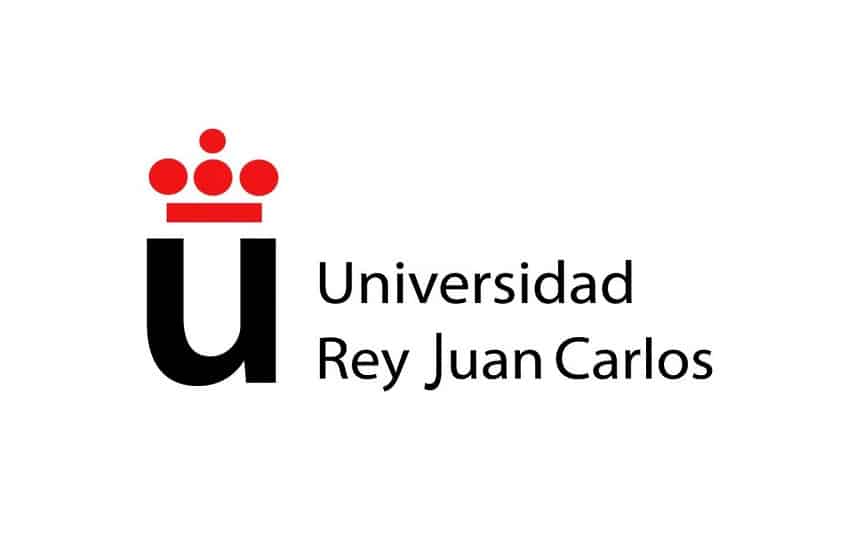
The Smart E2 Chair will focus on digitization and energy efficiency applied to smart buildings and facilities.

Our interns will get a taste of professional life, allowing them to get ahead in their careers before even leaving college or university.

This marks Getronics’ second appearance at this event, one of the world’s largest tech conferences, expecting over 30,000 attendees this year.

The Getronics family is delighted to announce that starting this March, the teams in Chile, Argentina, and Brazil will be integrated under the same brand, as part of the consolidation process of our global corporate identity.

In her new roler, Mleczak will lead Getronics’ commercial efforts, driving business growth and strengthening customer relationships in an ever-evolving technological landscape.

Getronics announced the creation of its Sustainability Committee in Spain to align its sustainability projects with the United Nations’ Sustainable Development Goals.

After several years of relying on outsourcing for its Field Services operations in the Netherlands, Getronics has announced its decision to bring this function back in-house and provide these services directly, using its own workforce.

The tool streamlines the reservation and use of desks or meeting rooms, empowering companies to craft frictionless hybrid work environments.

From new facilities of the Security Operations Centre in Barcelona and a reinforced team of 30 experts, the company provides 24×7 cybersecurity support to businesses worldwide

The contract spans 3 years of continuous, rigorous testing and cyber assessments, and is the first joint cybersecurity platform by Getronics and HUB Security. GetHUB 360 allows businesses to identify, mitigate and respond to evolving cyber threats in local, cloud, and hybrid computing environments.

Getronics has joined forces with WEM No-Code to offer organizations a secure and reliable platform to execute their digital transformation without writing a single line of code.

Getronics are excited to announce our strategic relationship with Searchlight Consulting, combining Searchlights business consultancy to further accelerate strategic growth.

Getronics have embedded the Velocity Smart Collect™ ServiceNow Smart Locker technology into the Getronics 2023 global solution and will in-turn support and accelerate Velocity’s plans to scale.

The project proposes an innovative model based on digital symptom assessment tools, easily scalable to other areas of the healthcare system.

Their purpose is to help shape, create and transform businesses to get them running more efficiently, competitively, and profitably as well as future proof their needs.

In the framework of GetJoin, our internship program for talented young minds, we have recently joined a program of the Community of Madrid in Spain for the stable recruitment of young people.

Cyber Europe is the largest cybersecurity drill held in the world and in its sixth edition, it was focused on testing the response to a possible attack on the infrastructure and services of the European health system.

Getronics renews and enhanced its services contract with the RAC for 5 more years, supporting the company in its digital transformation.

The award, given during the gala of the IV Edition of the Comunidad de Madrid Awards, in Spain, recognizes the work carried out by Getronics to accompany and guide its customers in their digital transformation processes.

The certification allows Getronics to provide its services to the Spanish public sector in compliance with the most demanding and rigorous standards.

The Smart E2 Chair will focus on digitization and energy efficiency applied to smart buildings and facilities.

Our interns will get a taste of professional life, allowing them to get ahead in their careers before even leaving college or university.

Founding and leading member of the Global Workspace Alliance
©2024 Getronics